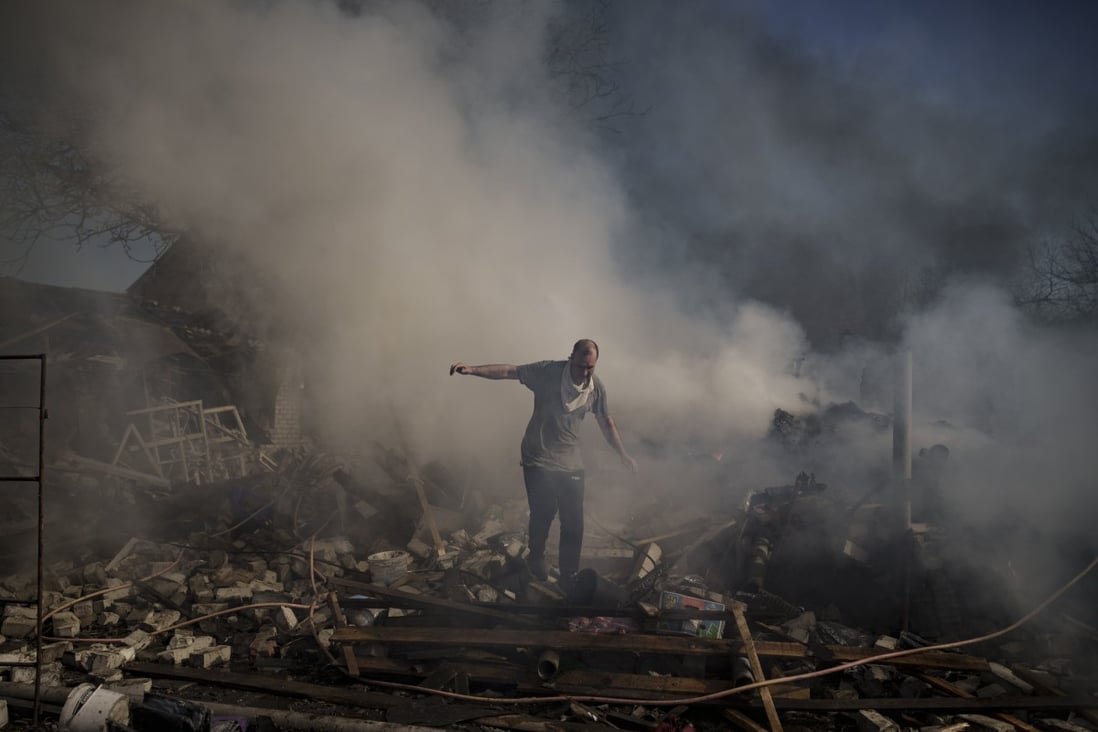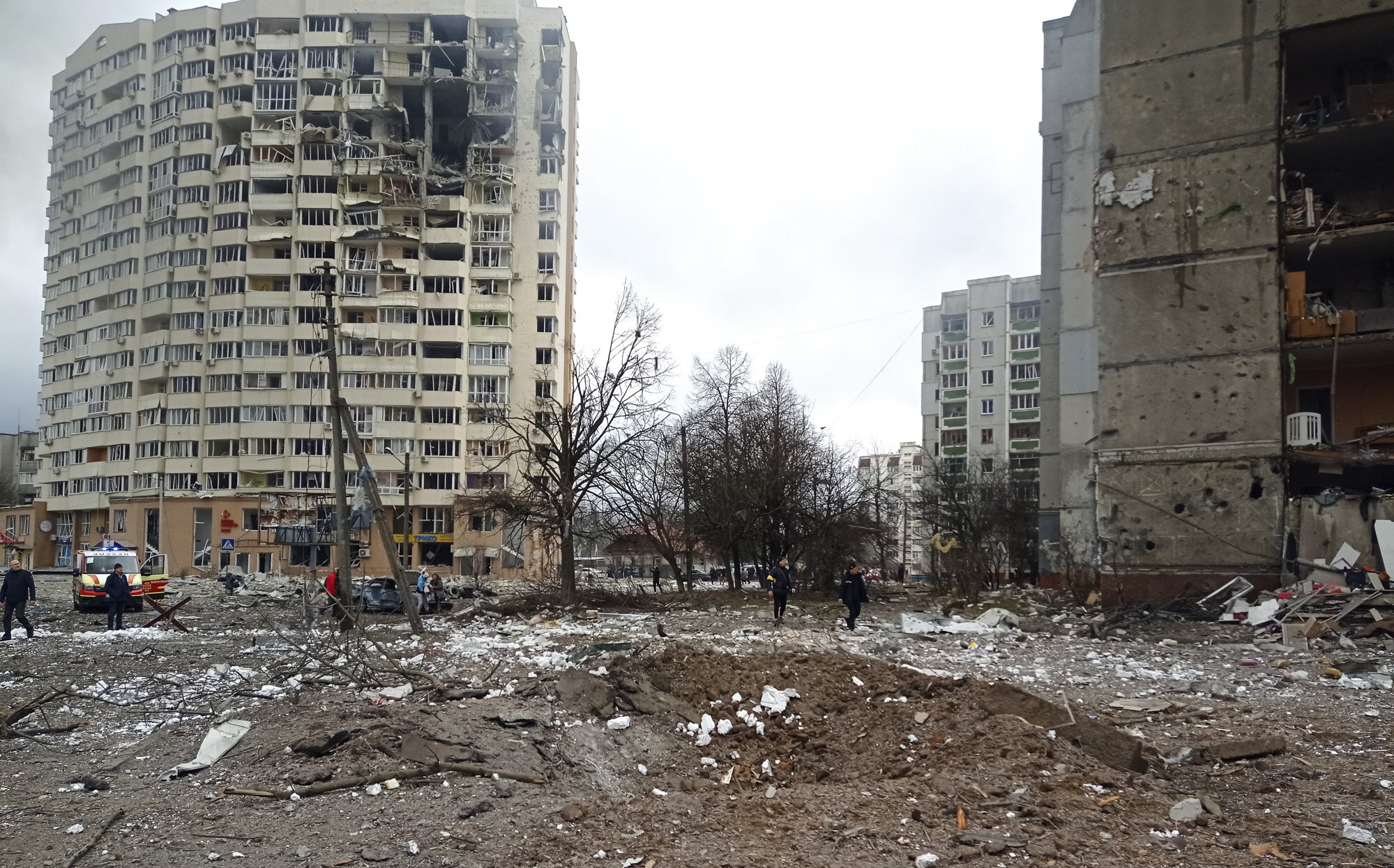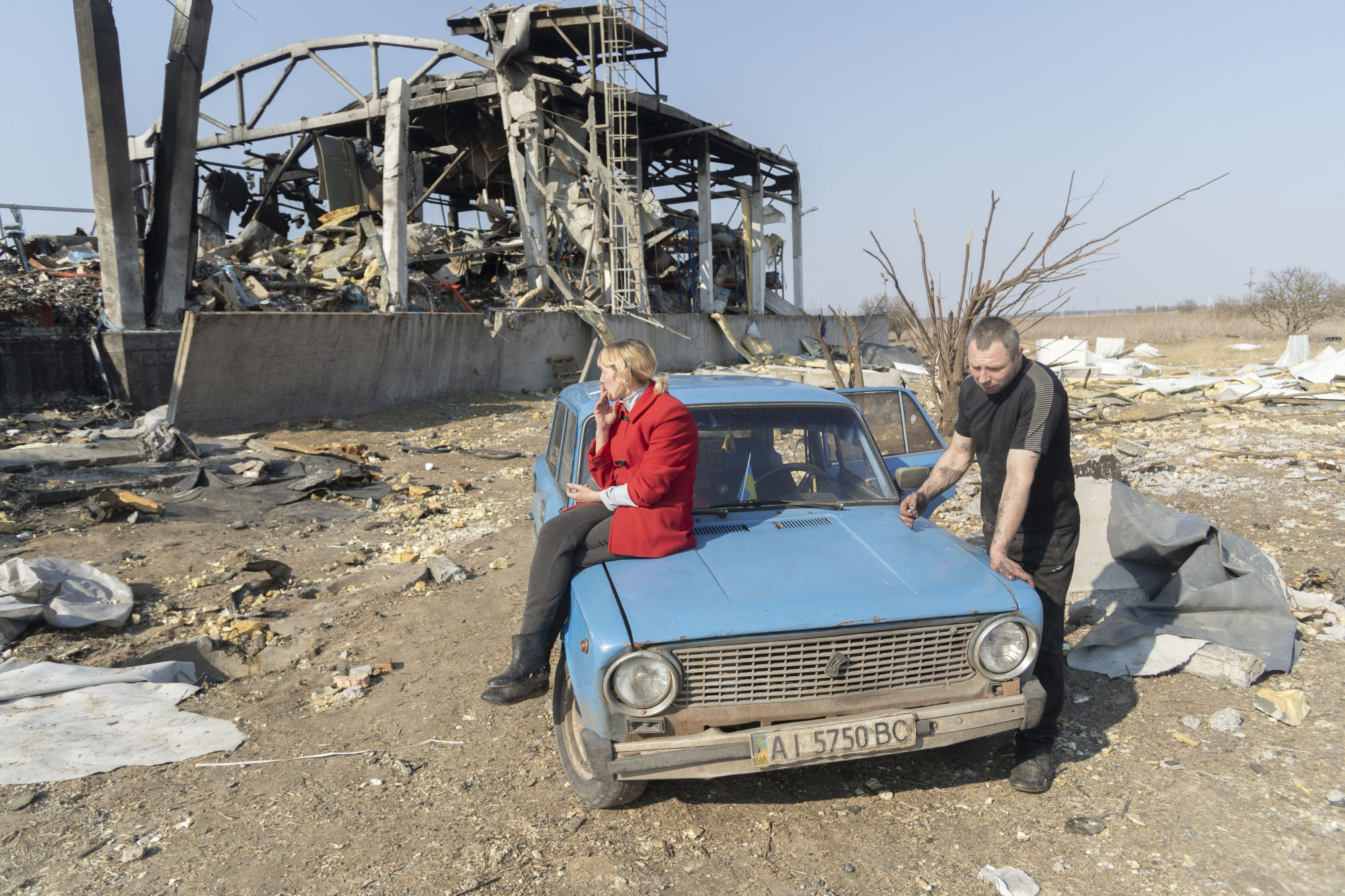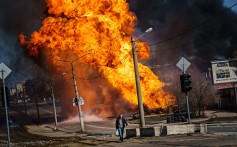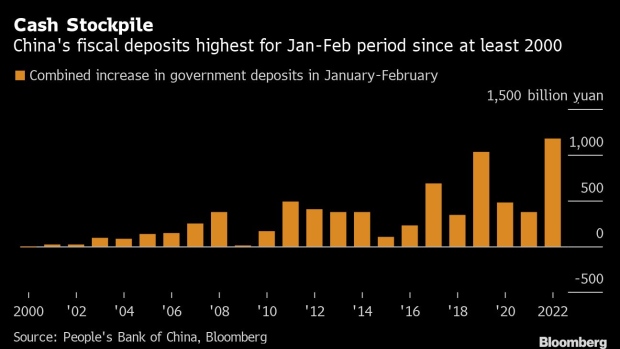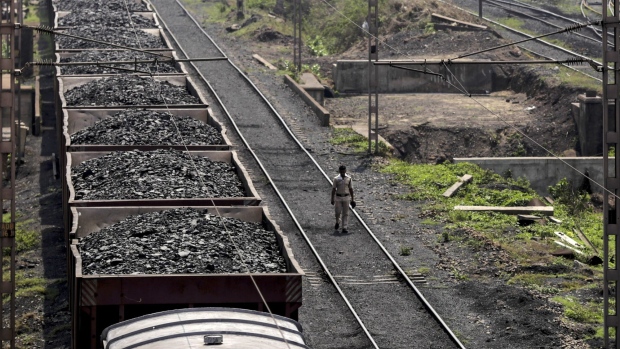The vast majority of Israelis watching Zelensky’s address understood where he was coming from, just not where he was going. Perhaps desperation and frustration overtook him.
By LIAT COLLINS
Published: MARCH 24, 2022
Jerusalem Post
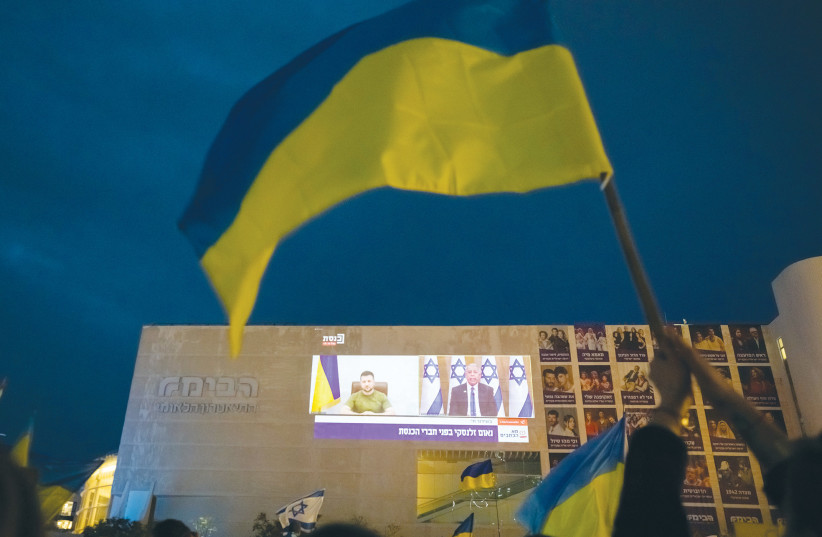
People in Tel Aviv’s Habima Square watch Ukrainian President Volodymyr Zelensky’s video address to the Knesset on March 20.
(photo credit: CHEN LEOPOLD/FLASH90)
When Ukrainian President Volodymyr Zelensky addressed the Knesset by Zoom on Sunday, he opened his mouth and shot himself in the foot. In his 12-minute impassioned speech, instead of wooing more Israeli support, Zelensky seemed to be turning Israel into the enemy. “Apathy kills,” he told the parliamentarians and the general public. But Israelis are far from apathetic. They’re sympathetic. Empathetic, even.
Very few Israelis have never run for shelter in a rocket attack. We look at the images of refugees streaming across borders, seeking safety, and we easily imagine how that feels. We don’t need a history lesson from Zelensky. And we don’t need false comparisons to the Holocaust. Or a reminder that when Israel has been attacked by would-be invading armies, we have nowhere to run. MKs from the mainly Arab Joint List, by the way, boycotted Zelenksy’s speech because of the longstanding ties to Russia of the communist-affiliated Hadash faction.
Zelensky wanted to address the Knesset, even though it was in recess and the plenum is undergoing renovations. Risking the wrath of Russia – with whom Israel does now effectively share a border, given its entrenchment in Syria – the government and Knesset Speaker Micky Levy agreed, after some deliberations. The speech was delivered via Zoom and broadcast live on television and radio, as well as to a large group of supporters gathered in front of a screen at Tel Aviv’s Habima Square. Thankfully, the MKs were muted. I have no doubt they would have had what to say. Watching in my living room, I also found myself at times infuriated by the tone and words of the Ukrainian leader and was talking back at him.
Let me repeat here, as I wrote in a column earlier this month, one thing is clear in the Russian-Ukrainian conflict: Russia, led by Vladimir Putin, are the bad guys, who launched an unprovoked attack on a sovereign country. And Ukrainians, led heroically by Volodymyr Zelensky, are the victims, fighting for their freedom.
Zelensky is trapped between the devil and the deep Black Sea. He is literally fighting for his life and for his country. He is courageous. And he has chutzpah. Fighting back at Russia is more than justified, attacking Israel – even verbally – is not. Israel is overwhelmingly on his side, offering tons of humanitarian aid, setting up a field hospital, helping refugees cross borders to safety in neighboring countries and offering a safe haven here, particularly for Jews and those eligible to immigrate under the Law of Return.
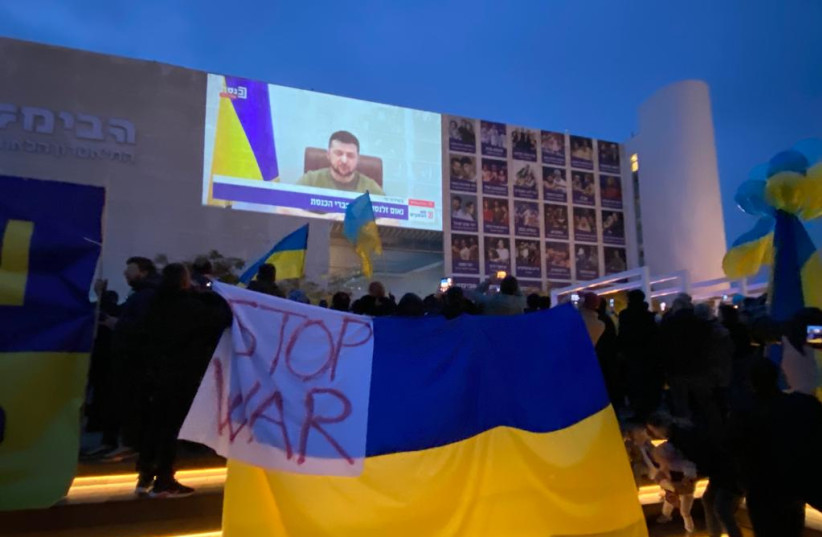
The vast majority of Israelis watching Zelensky’s address understood where he was coming from, just not where he was going. Perhaps desperation and frustration overtook him.
Quoting Kyiv-born Golda Meir saying: “We intend to remain alive. Our neighbors want to see us dead. This is not a question that leaves much room for compromise” was smart, although not for the first time, I wondered why Ukrainian-born former prime minister Levi Eshkol is so overlooked in comparison to Golda.
Mentioning Babyn Yar, the site where Nazis murdered at least 33,770 Jews over a two-day period, with the support of antisemitic Ukrainian collaborators, was less smart. And comparing the threat to Ukraine today to the Nazi actions against the Jews was simply wrong. Altogether, Zelensky, who is Jewish, seems to have misread where Israel stands on Holocaust analogies. Nothing, absolutely nothing, can be compared to the Shoah. Russia is carrying out a barbaric atrocity; it is not committing systematic genocide aimed at killing every single Ukrainian.
Comparing the Russian invasion to the German invasion of Czechoslovakia, while the West stood back, makes sense, but World War II and the Holocaust should not be considered synonymous. Incidentally, Zelensky earlier accused the Russians of deliberately attacking and destroying the Babyn Yar memorial, although this turned out to be incorrect.
“Ukrainians have made their choice 80 years ago. They rescued Jews. That is why the Righteous Among the Nations are among us. People of Israel, now you have such a choice,” Zelensky said. He should have rewritten his speech, rather than tried to rewrite history. Saying that the Ukrainian people helped save the Jews in the Shoah is not Holocaust denial, but Holocaust perversion, as a friend put it.
Making a direct plea for weapons, Zelensky said: “Everyone in Israel knows that your missile defense is the best... And you can definitely help us protect our lives, the lives of Ukrainians, the lives of Ukrainian Jews.”
It’s something I’ve heard and read many times since the start of the war last month. There is an expectation that Israel should provide Ukraine with the Iron Dome system. The Ukrainian ambassador in Israel has also turned that request into an outright demand.
It’s an emotional plea but not a practical one. Israel does not have Iron Dome systems to spare. Nor does it have spare stocks of missiles for it, particularly following the war last May when Hamas in Gaza launched thousands of rockets on Israeli civilians. The sophisticated systems do not operate themselves: They are only as good as the soldiers who activate them. Is Israel meant to place IDF soldiers on Ukrainian soil during the war? And how much protection could the Iron Dome provide the vast expanses of Ukraine, compared to tiny Israel? Also, Israel cannot risk an Iron Dome falling into Russian hands. Once they had finished analyzing exactly how it works, none of us would be safe again. Israel could not lend Ukraine the Iron Dome without explicit US approval but the US could choose to place Patriot missiles there without the permission of any other country. These are questions that should be put to Joe Biden and the rest of the West.
NO ONE should remain unmoved by the tragic plight of the refugees. The subject is also very much on Israeli minds, although opinion is divided. There are those like Interior Minister Ayelet Shaked who want to focus on the Jewish immigrants and people eligible under the Law of Return (with at least one Jewish grandparent). Others, including Diaspora Affairs Minister Nachman Shai, favor opening Israel’s borders to any Ukrainian who wants to come.
At the risk of suffering a talkback backlash, I am willing to come out in support of the former approach. Israel is the Jewish state, the Jewish home; supporting the immigration of Jews is part of its raison d’etre. Of course there are humanitarian exceptions that should be made, and Israel should continue to take in the direct descendants of Ukrainian Righteous Gentiles, those moral, courageous people who saved Jews in the Holocaust and were far less numerous than Zelensky would have us believe.
The threat by the Ukrainian ambassador to petition the High Court to allow open immigration strayed far from a diplomat’s job. Israel does not have a border with Ukraine. Every Ukrainian who arrives here, reportedly more than 13,500 so far, has come from another European country where they can legitimately claim refugee status.
As the Jerusalem Post’s Herb Keinon has pointed out “Jews count as refugees, too.”
Israel is preparing for a wave of immigrants not only from Ukraine. As the Post’s Zvika Klein noted this week, some 4,000 people from Ukraine have immigrated to Israel since the start of the war and the Jewish Agency has received over 25,000 aliyah inquiries from Ukraine and neighboring countries. Jews in Russia, Belarus and elsewhere are also looking to move to Israel as their lives grow more precarious.
One reason Israel needs to tread carefully with Russia, apart from security reasons relating to Syria and Iran, is that Putin could potentially hold thousands of Jews hostage.
My heart goes out to the Ukrainian people and their president, but he pressed the wrong emotional buttons when he addressed Knesset members. As appeals go, Zelenksy’s speech was not very appealing. He was correct when he said: “You can mediate between countries but not between good and evil.” We all need to remember that the villain in this senseless war is Putin.
Amid Russia's invasion of Ukraine, a Russian official suggested that six more countries - Kazakhstan, Moldova, Poland, Lithuania, Latvia and Estonia - should be 'denazified'. As per NEXTA news organisation, the remarks were made by Moscow City Duma deputy officer.

